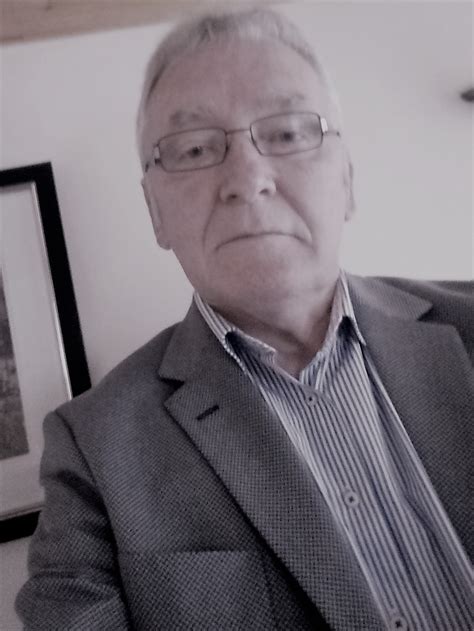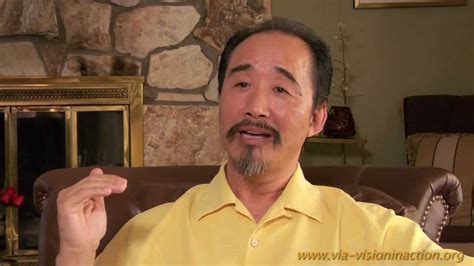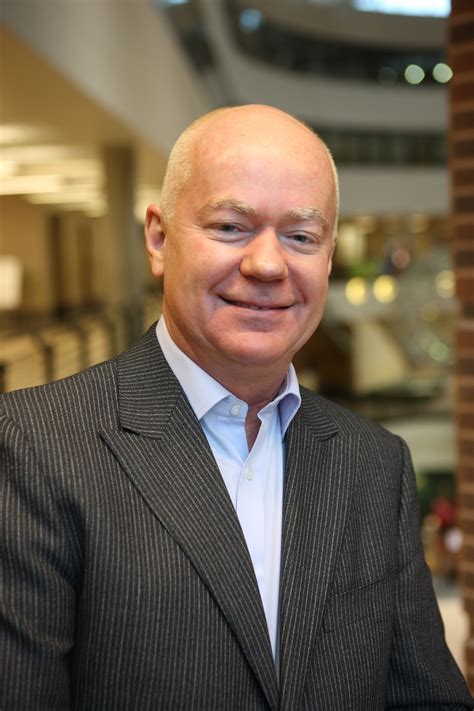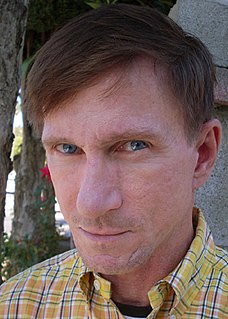A Quote by Robert S. Kaplan
Authenticity is critical to leadership. That means trying to be yourself - this involves some self-disclosure, admitting what you don't know and being willing to ask questions.
Related Quotes
Someone told me recently, "You're like Oprah, man. People will tell you anything." I'll ask questions and I don't care. If you don't want to tell me, that's fine, but it's not going to be aggressive. I'm open, too. And no judgments. It's a combination of being willing to ask the questions, and being very open myself.
Being gay, you're kind of forced to ask, I suppose, very existential questions from a very, very early age. Your identity becomes so important to you because you're trying to understand it, and, I think, from the age of, like, 9, you're being forced to ask questions... that other kids maybe don't have to ask.
Authenticity is fundamental, more fundamental than spiritual enlightenment. Without authenticity, no genuine spiritual enlightenment is possible. Authenticity is the state of being committed to truth. Truth is simple. And no matter how simply a truth is stated, only those who have walked the path of understanding and evolution on their own can know and understand it authentically. The path of truth is the path least traveled. Authenticity is the clarity of being in which there is no self-deceit.
I balance my natural drive for speed and impact with a counterbalancing drive for significance, innovation and sustained customer intimacy. This involves slowing down and moving from transactive management, which focuses on speed, content, accuracy and productivity, to transformative leadership, which focuses on significance, context, authenticity and purpose. This critical shift requires constant diligence, discipline and practice.
There's a notion of art in this country that you have to be nutty or special or "called" in order to be an artist. I believe the questions everyone should ask themselves are, "Do you want to do it? Are you willing to do it poorly? Are you willing to do the work of doing it? Are you willing to persist when everybody tells you it's silly?" If you're willing to do that, then you can do it.
Globalisation means many other countries are asserting themselves and trying to take over leadership. Please don't ask Americans to let others assume the leadership of human exploration. We can do wonderful science on the Moon, and wonderful commercial things. Then we can pack up and move on to Mars.
If you choose to do both [acting and directing] on a set, than you're admitting that you understand that everyone is in it for the same goal and it's a collaborative experience. You can't really jump into being an actor, and than direct yourself. At some point, you have to be willing to accept other people's opinions. I think that's helpful. If you try to micro-manage and control all of it, than you're probably heading for disaster.


































